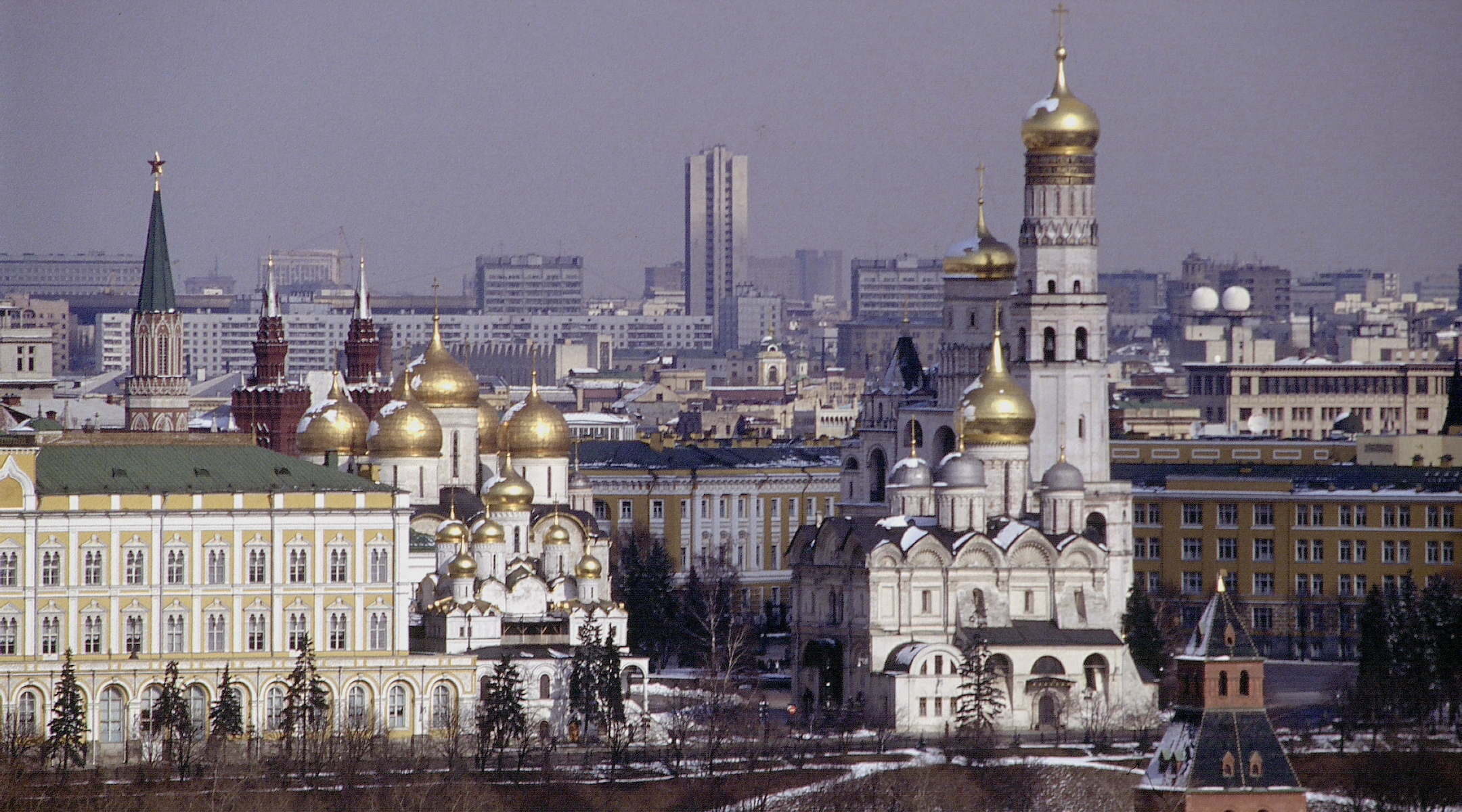Passover was celebrated in Moscow last weekend much as it was anywhere in the world.
What for generations had been a clandestine gathering held in laborious secrecy for fear of reprisals by a police state is now as open and commonplace as in Montreal or Toledo, Tel Aviv or New York.
It was celebrated in different ways by different groups, from the rigidly Orthodox Lubavitch Hasidim to the liberal Reconstructionist movement. All have “shlichim” (emissaries) active throughout the former Soviet Union to teach Jews long isolated from Judaism what Passover is all about.
Each group marked the holiday in its own way.
Some Jews meticulously searched out and burned their last piece of chametz last Friday to make sure their homes were absolutely “kosher l’Pesach.”
Others disregarded that ceremony but recited the seder ritual. Some simply partook of a good meal without religious trappings.
But for most Russian Jews, the seder, whether a religious or secular experience, was the first opportunity to hear the traditional Passover tunes and read the story of the Exodus from Egypt.
The fact that seders are taken for granted testifies to the vastness of the changes that have transformed this land in barely two years.
Julia Polekhova remembers not too long ago, when every precaution was taken to avoid suspicion that a seder was being held.
Guests would arrive separately over a two-hour span. The invitees were only those who could be trusted implicitly. If the noise level rose after a few drinks, word was sent out to inquisitive neighbors that a birthday was being celebrated.
When the U.S. Embassy held its seders in past years, the invitees mostly were refuseniks. At this year’s seder at the residence of U.S. Ambassador Robert Strauss were many former refuseniks, such as Leonid Stonov, who now works in Chicago for the Union of Councils for Soviet Jews.
And the Israeli Embassy held its own seder for expatriates and diplomats, here from Israel to visit or work, for whom “Next year in Jerusalem” was an accomplished fact.
The complete freedom is on one level a bit disappointing. A visitor had hoped to feel a sense of relief among Jews no longer worrying about the KGB or social ostracism; the exhilaration of conducting a religious event without fear of retribution.
Instead, the only unique aspect of Pesach here was its ordinariness.
Asked if they felt anything “special,” seder celebrants shrugged their shoulders. For them, the past is just that, and freedom is now taken for granted.
JTA has documented Jewish history in real-time for over a century. Keep our journalism strong by joining us in supporting independent, award-winning reporting.
The Archive of the Jewish Telegraphic Agency includes articles published from 1923 to 2008. Archive stories reflect the journalistic standards and practices of the time they were published.




